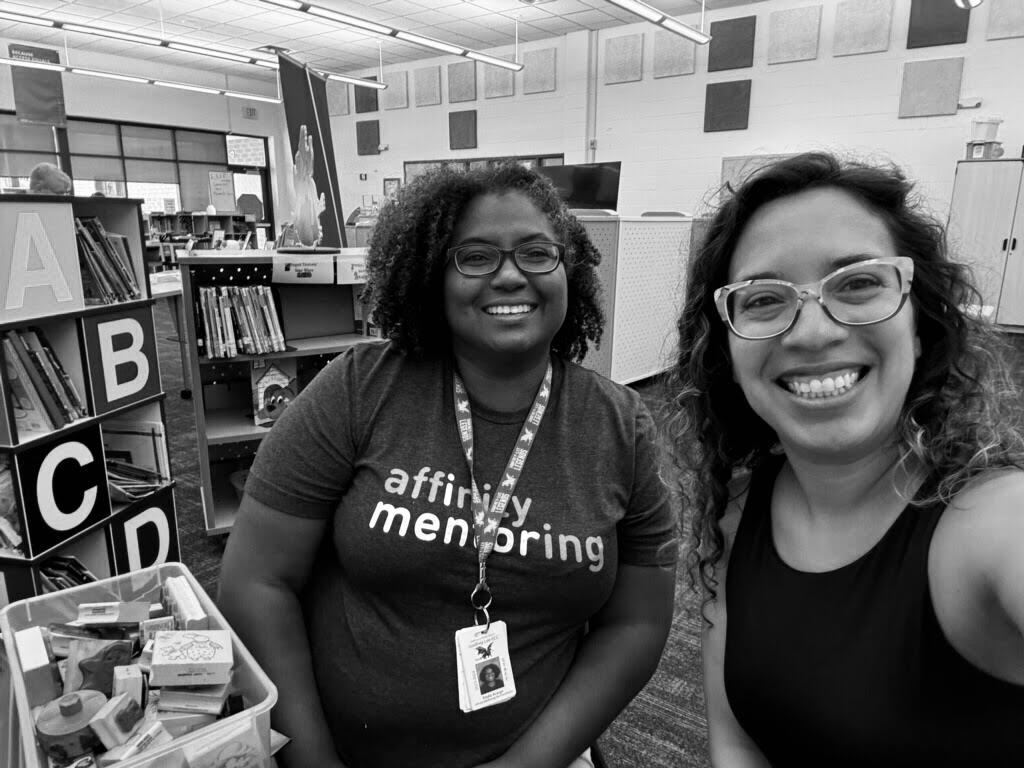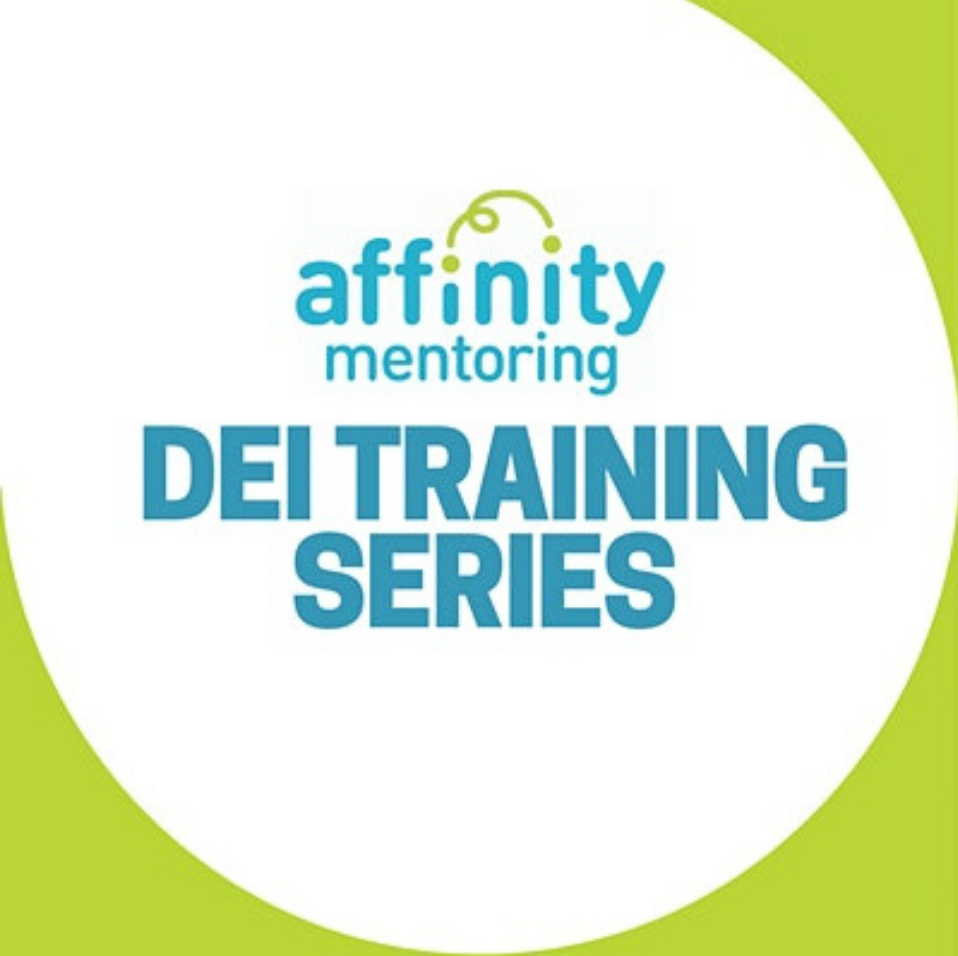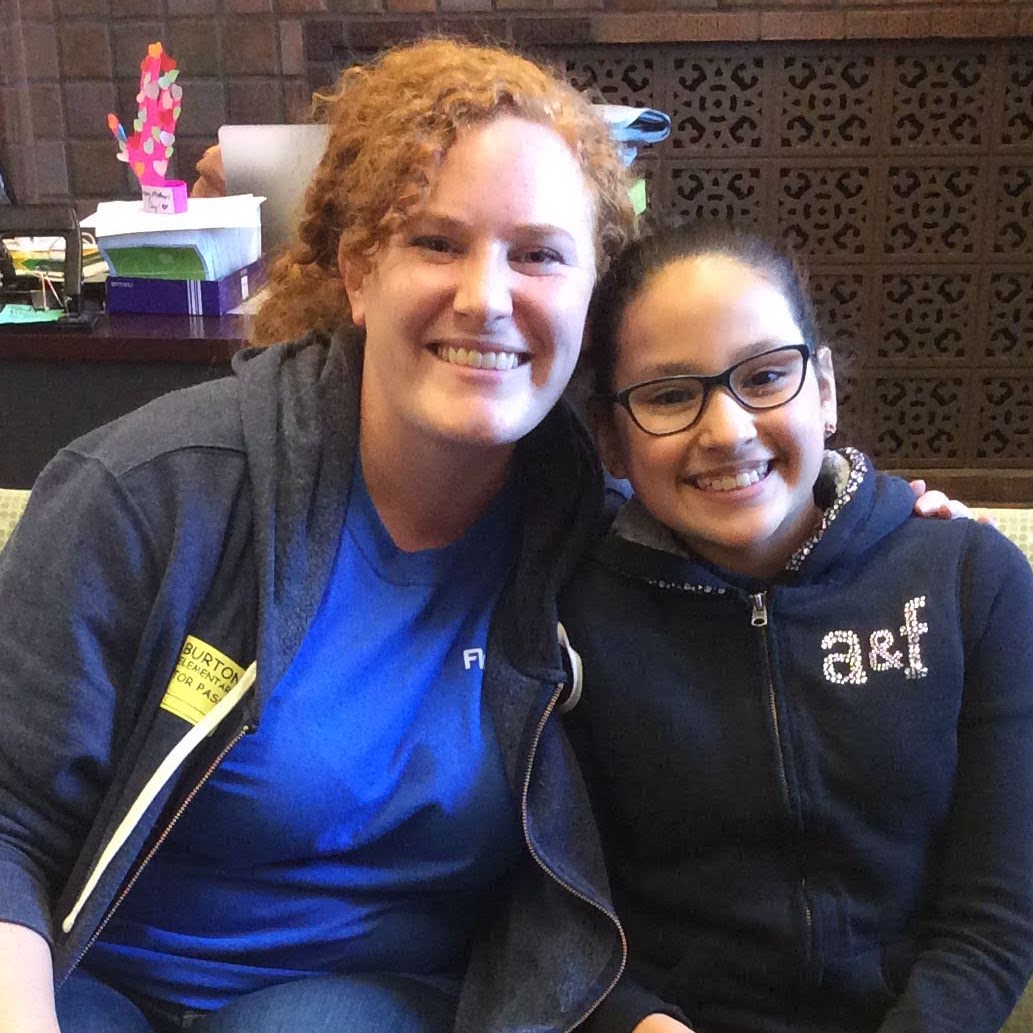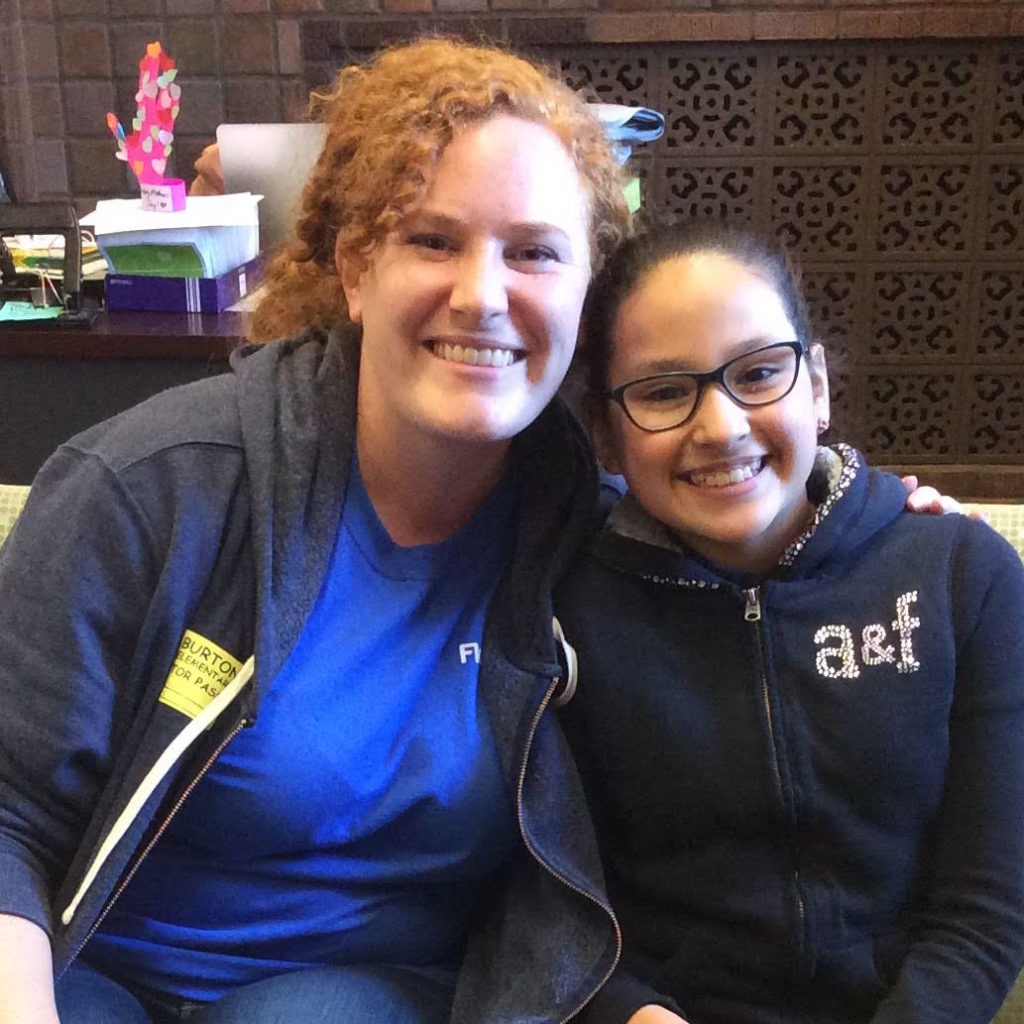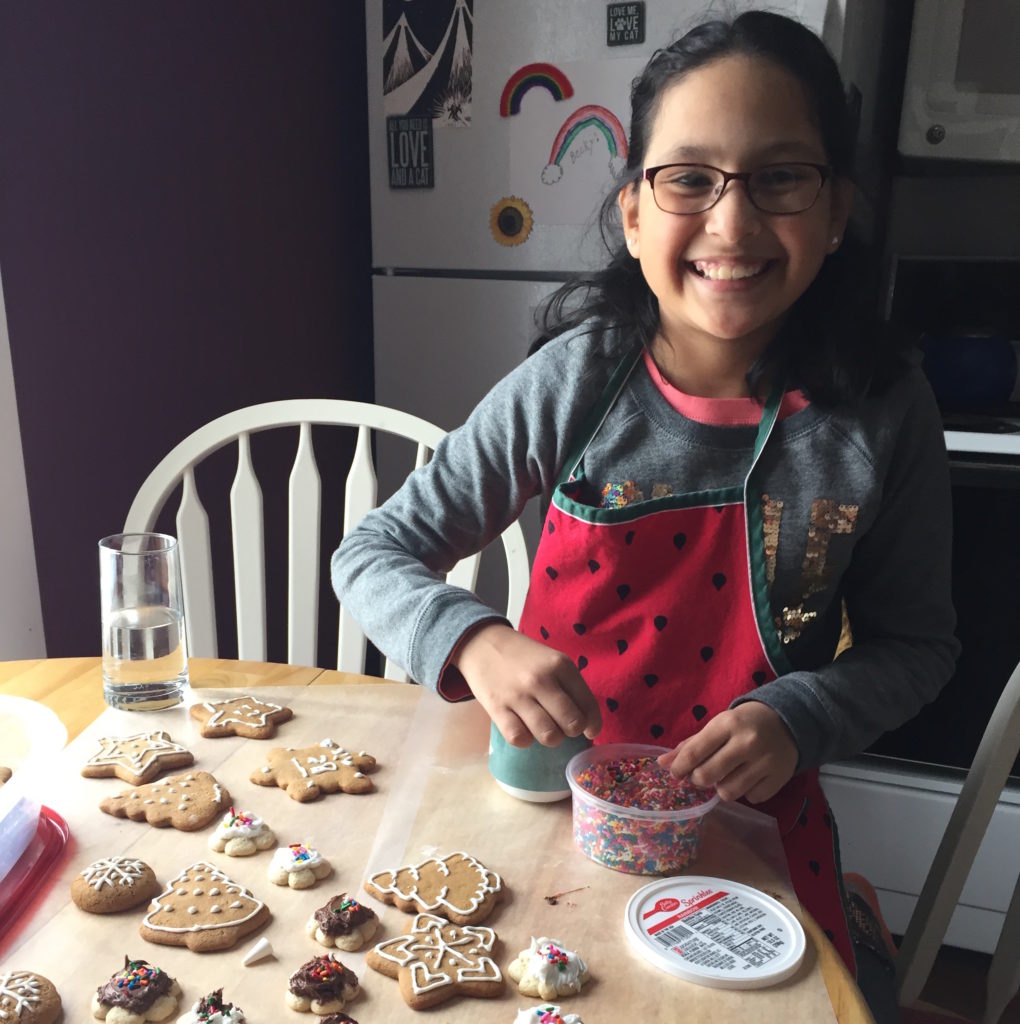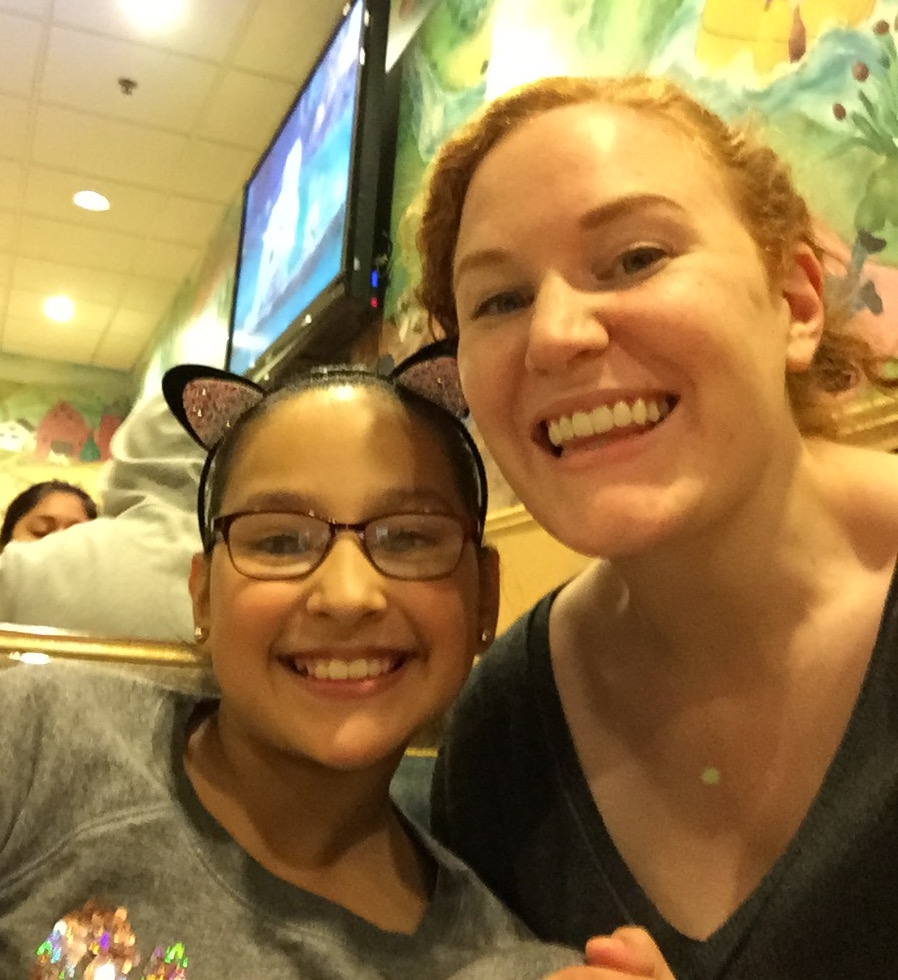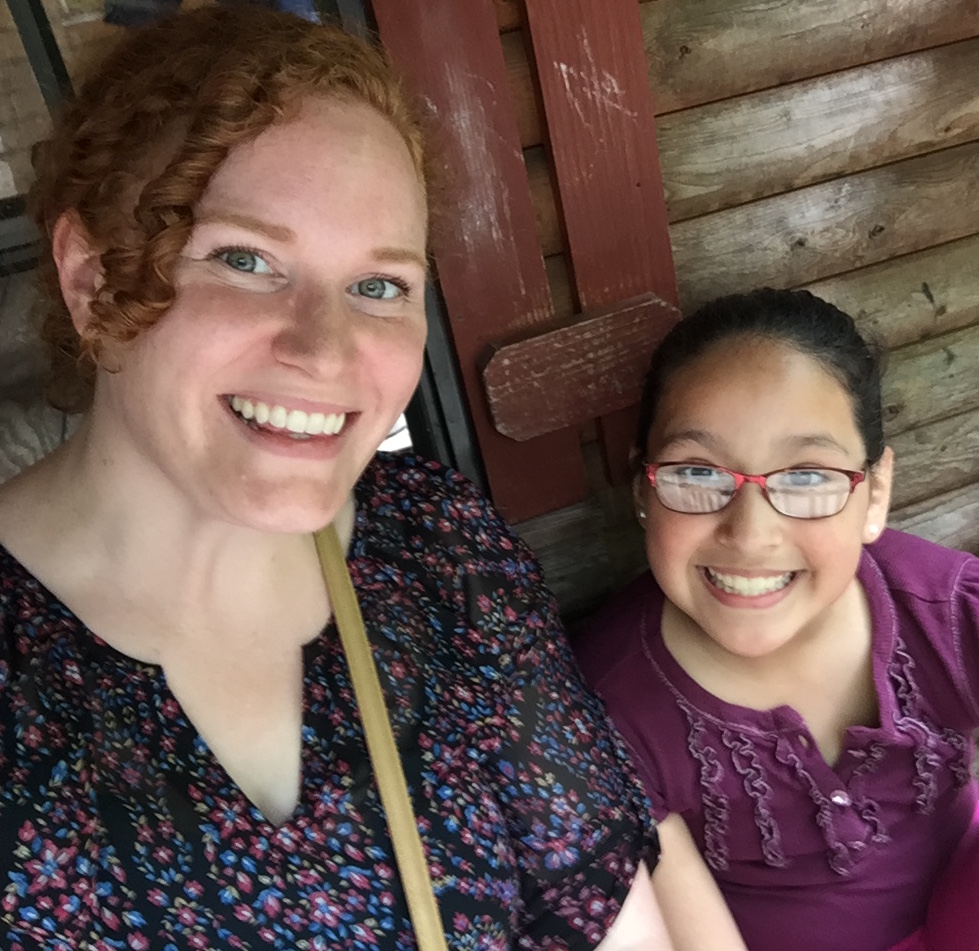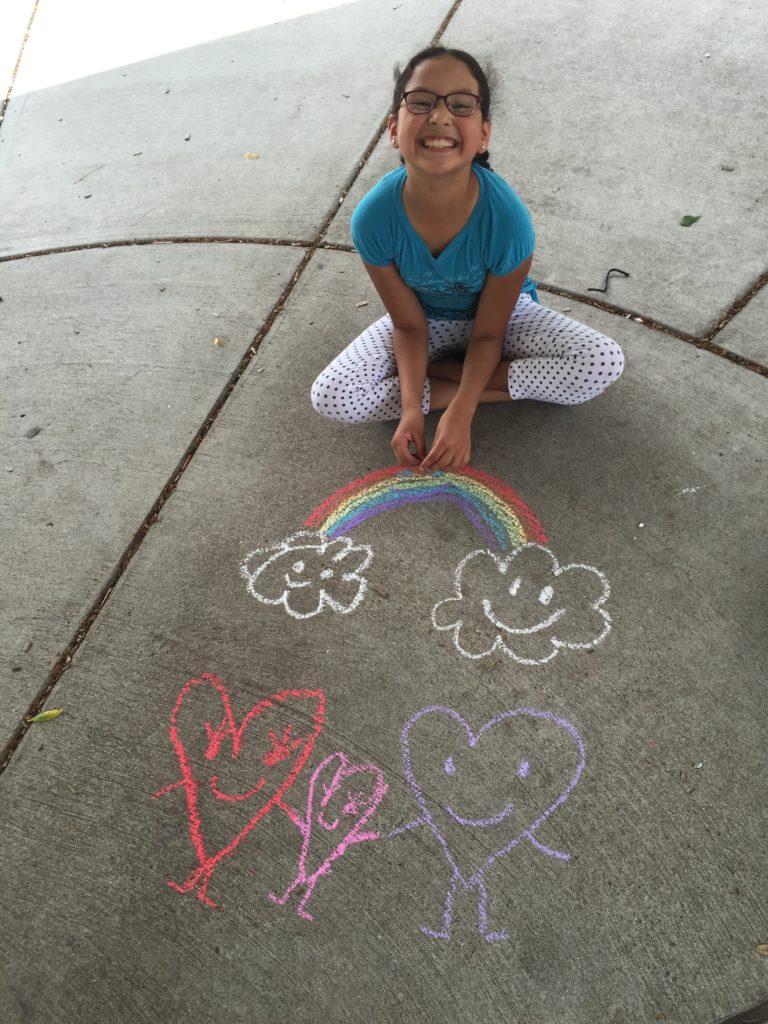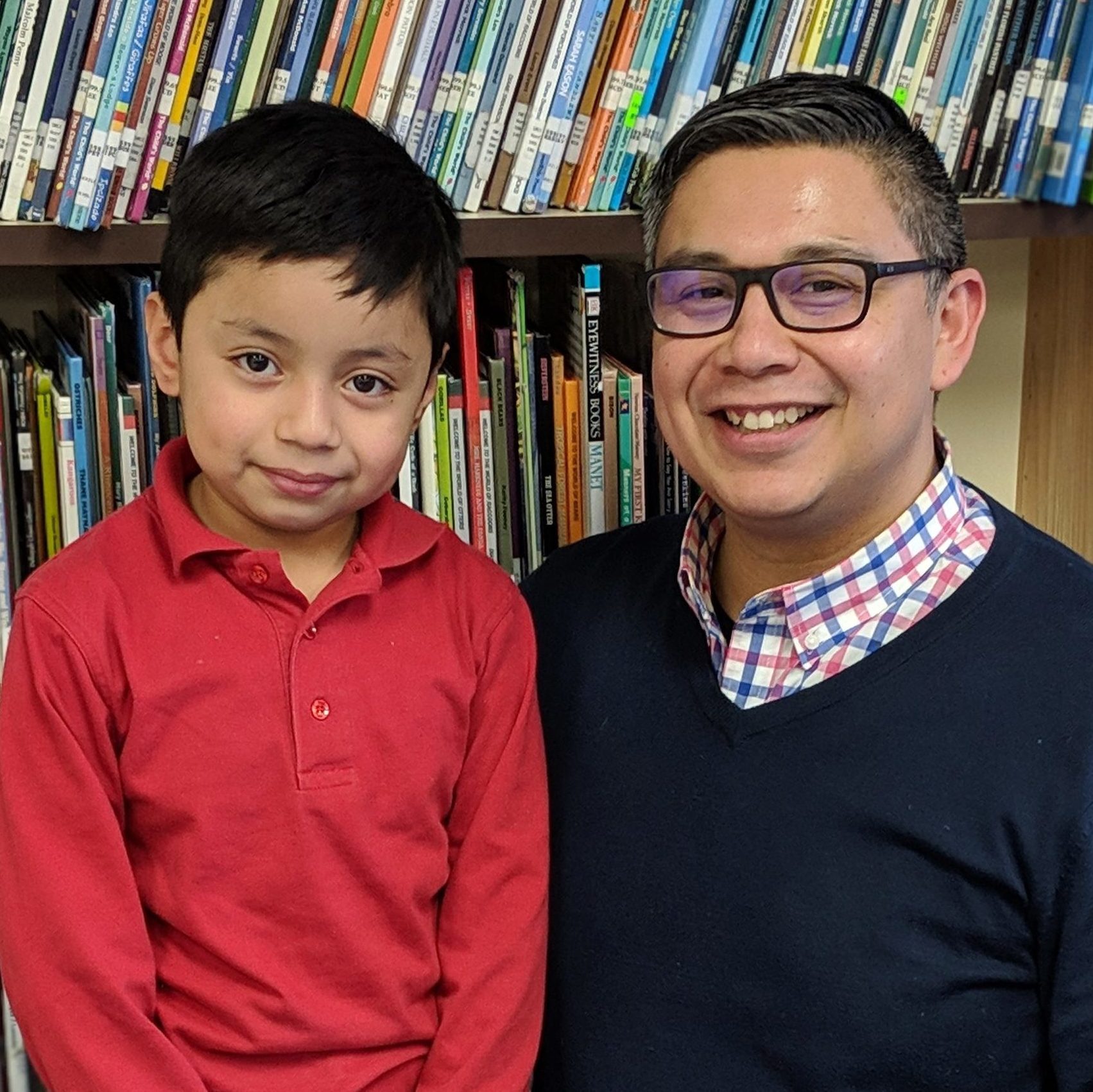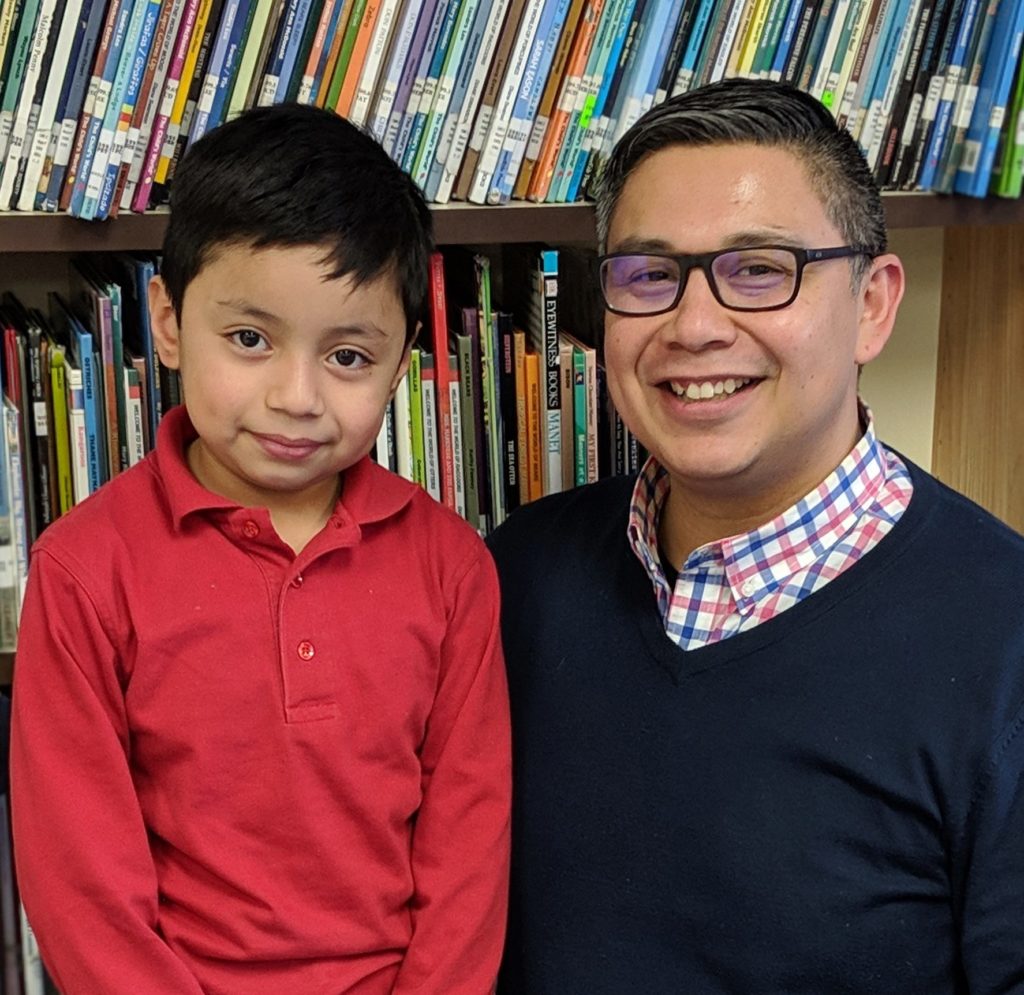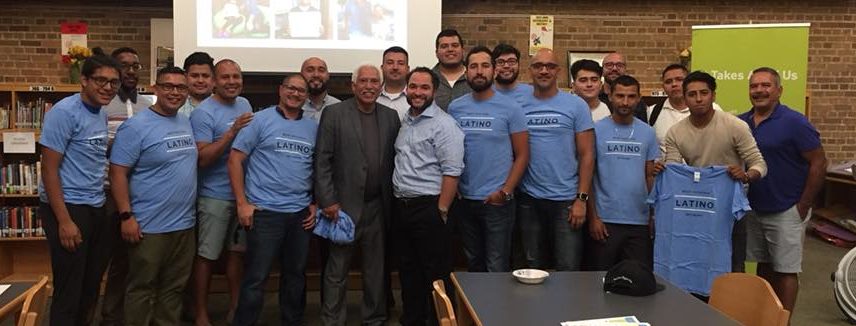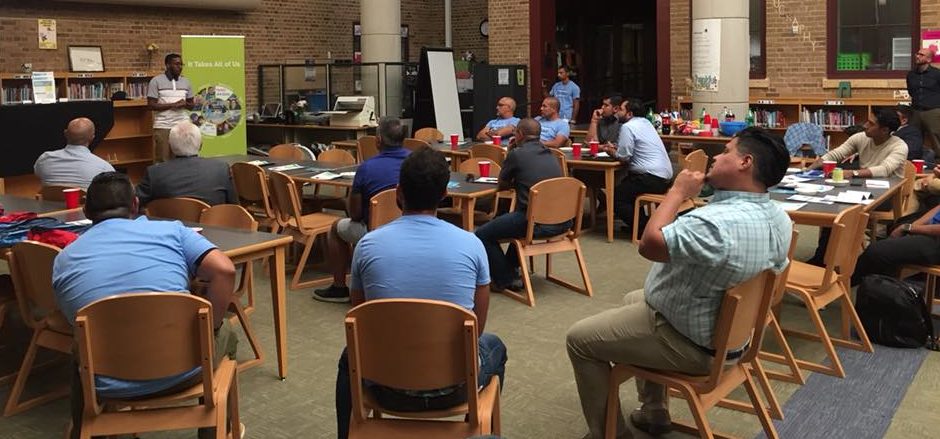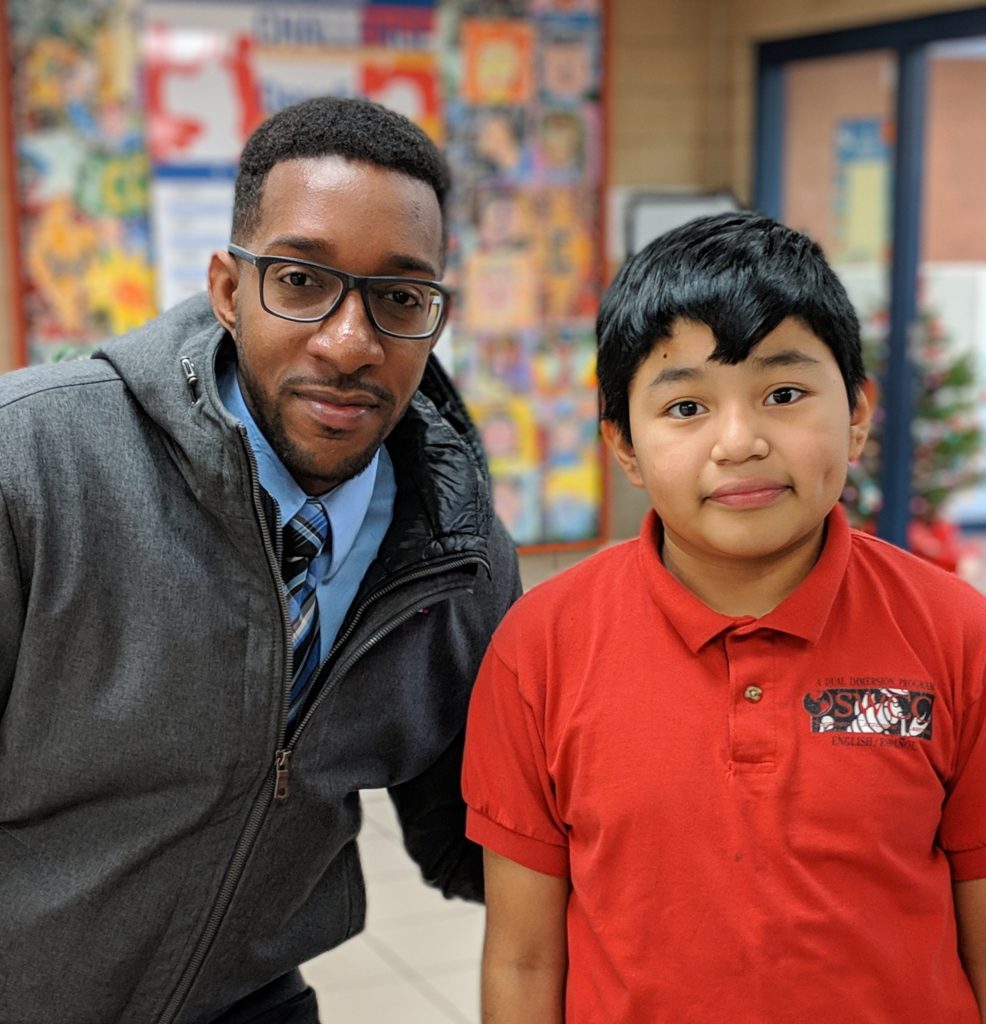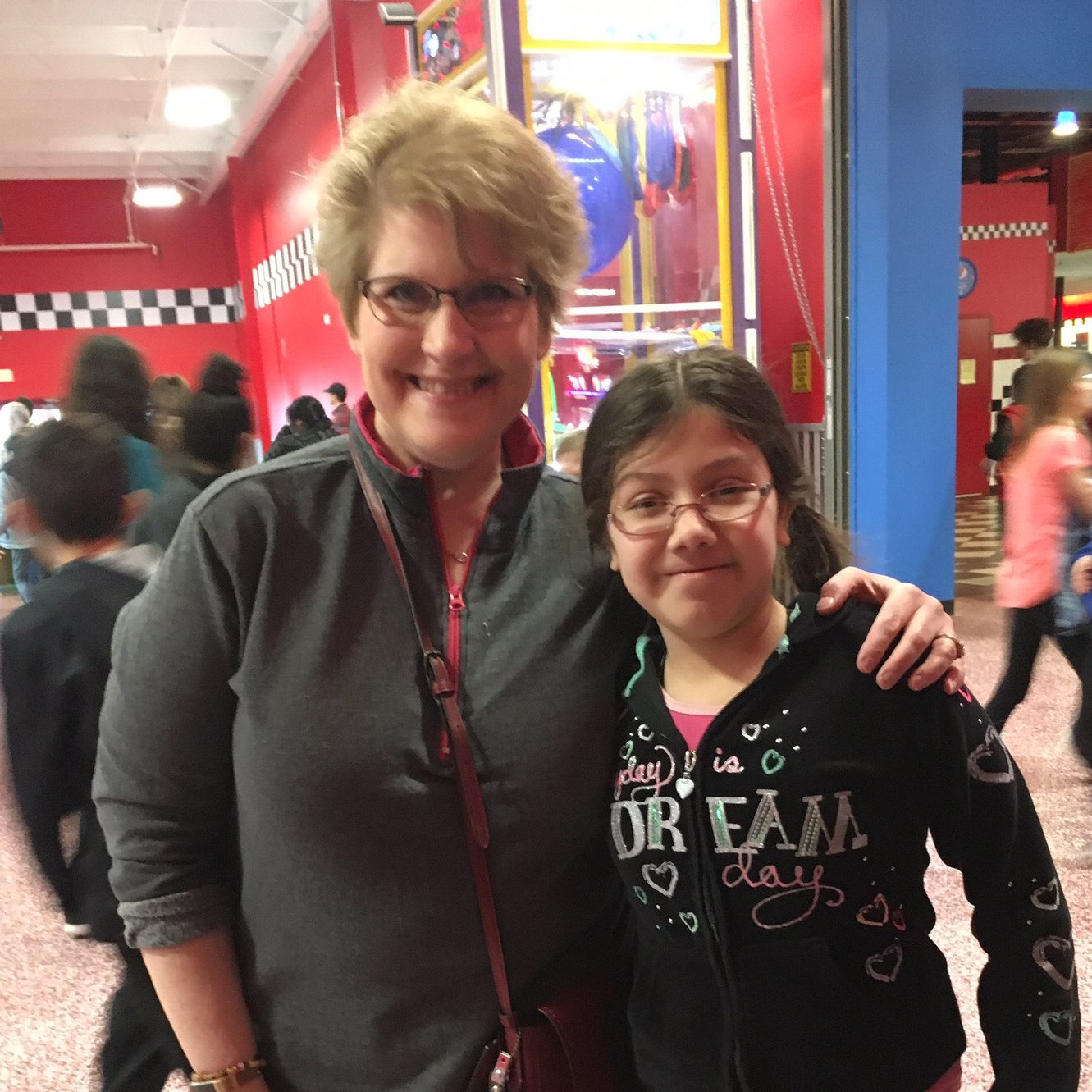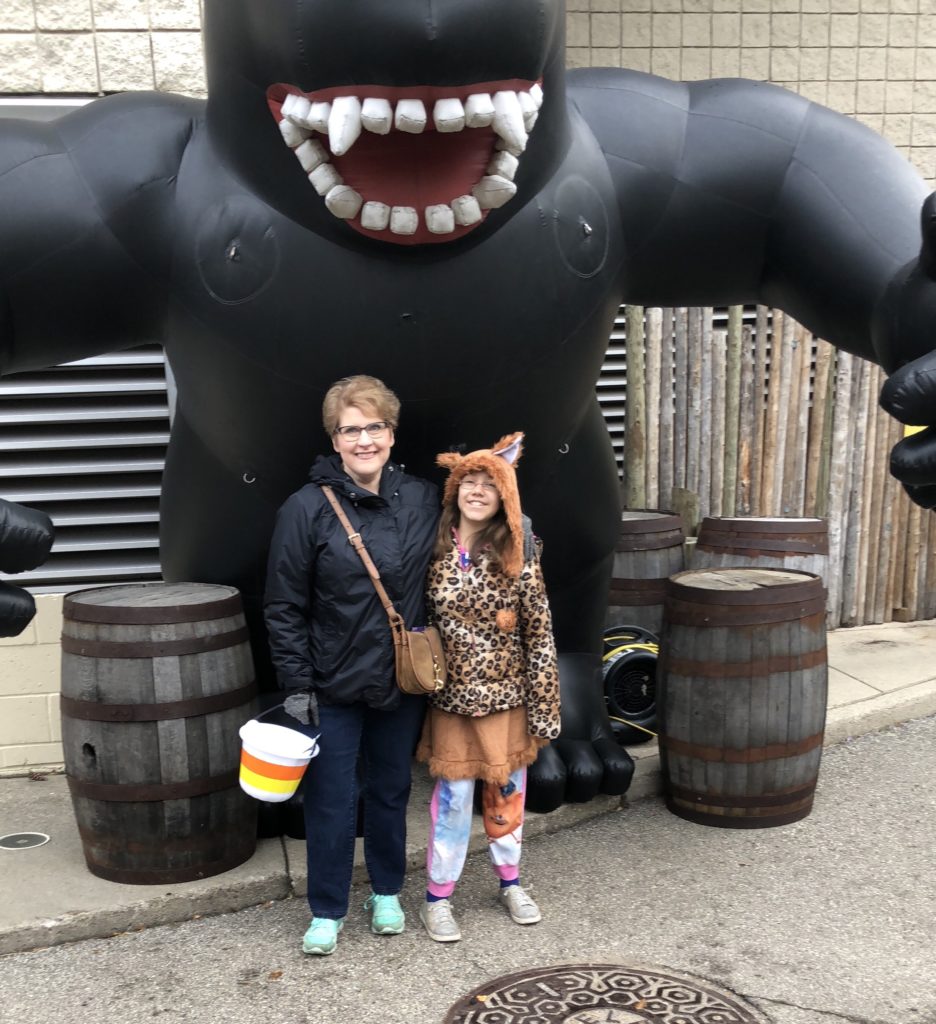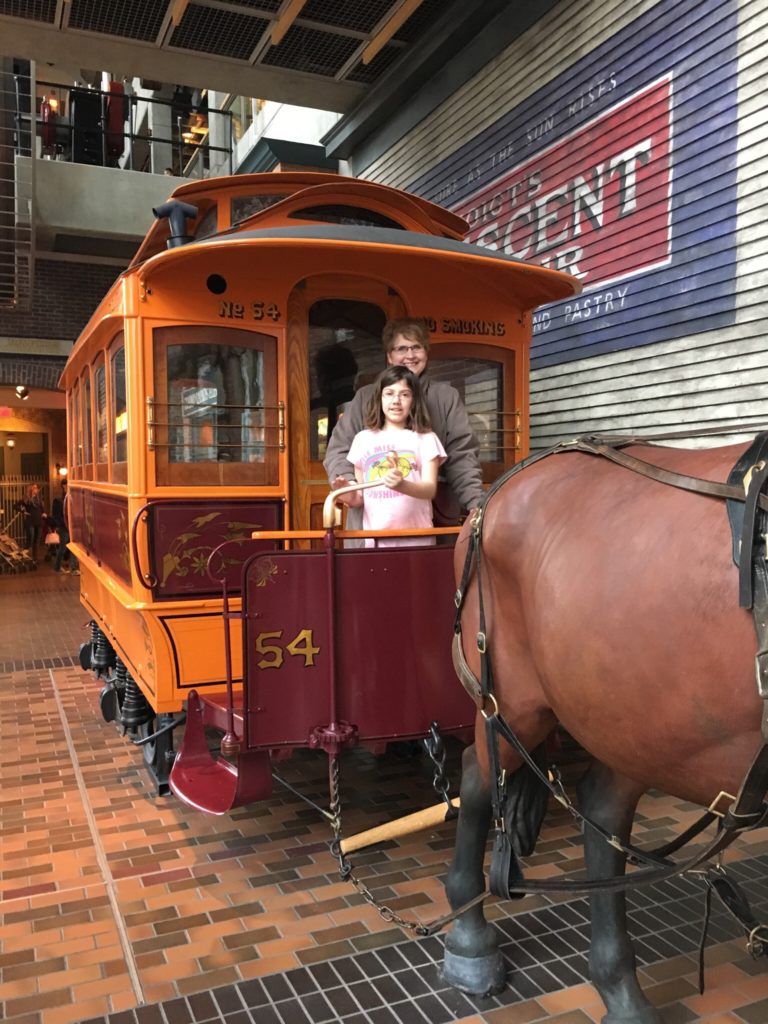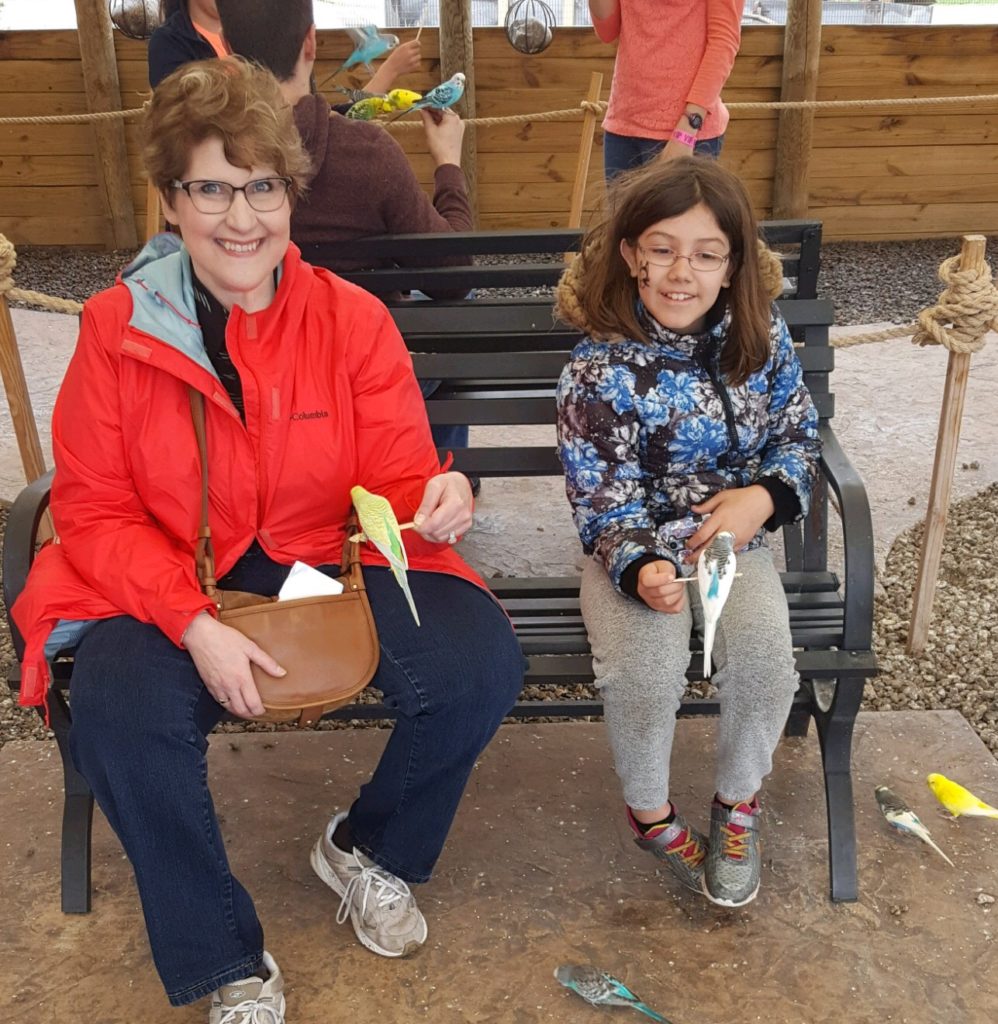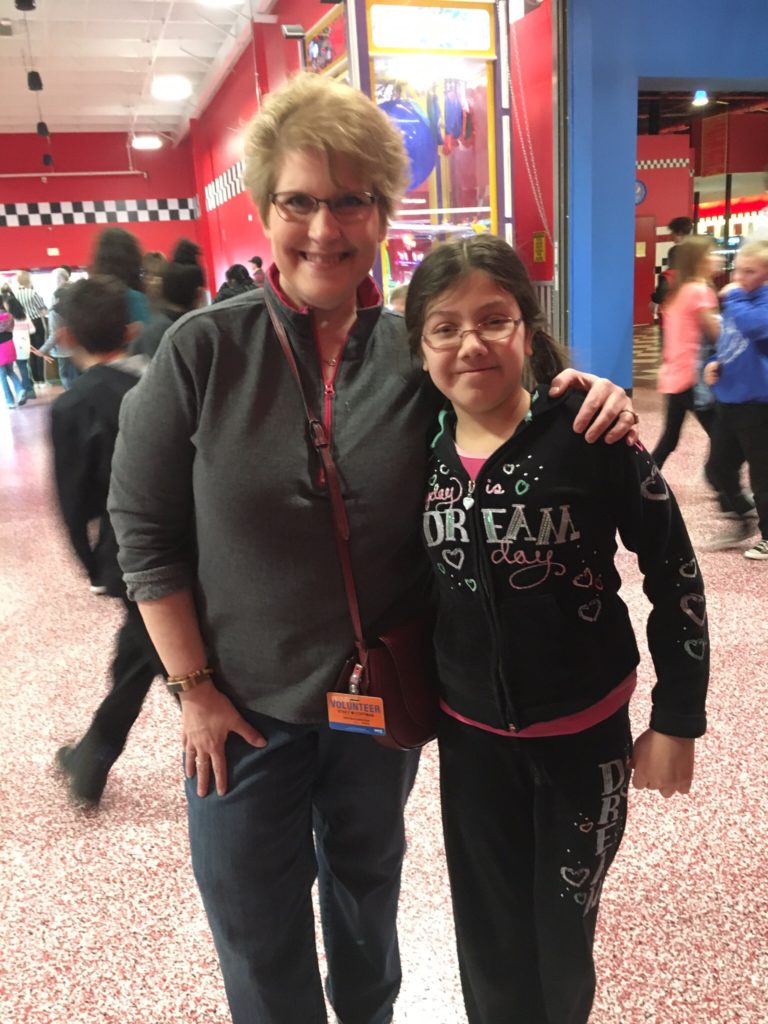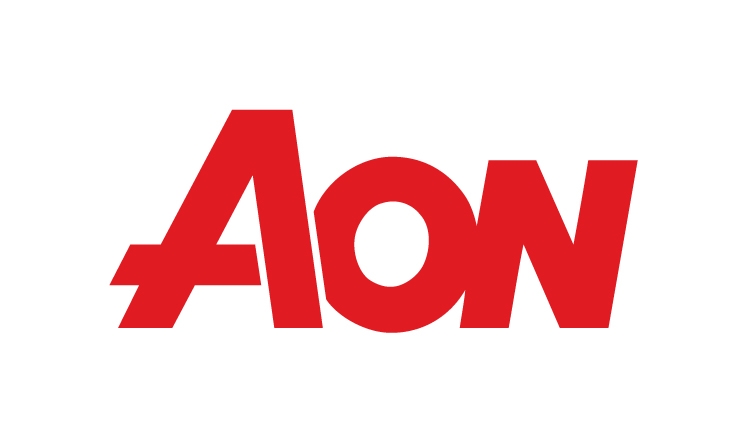An Interview with Keyla Araujo for Hispanic Heritage Month
As we honor Hispanic Heritage Month, it’s vital to spotlight voices that reflect the richness of our community. I had the privilege of speaking with Keyla Araujo, who shared her thoughts on the significance of this month and her experiences as a Hispanic woman!
Why Is This Important to You?
“It is important for people to know that we are not a monolith,” she says. This understanding fosters appreciation and respect for the unique stories within our community.
Keyla emphasizes the importance of recognizing that Hispanic and Latino individuals come from diverse backgrounds and may look different. When asked what Hispanic Heritage Month means to her, Keyla explains, “It is a time to recognize the contributions that we offer—a time to be seen and to see how diverse we are.” For her, celebrating goes beyond the month itself; it’s about the food, music, and traditions she passes on to her children. “It starts conversations and helps people learn about other stories.”
There are ripple affects of a society that’s intentional about celebrating the diversity of its inhabitants, and, of course, instabilities and inconsistencies in a society that will not. Keyla brings a great deal of wisdom and creativity in making the Hispanic community both accessible, but also reminding us how incomplete we will be if we stifle any part of the Hispanic voice and all that it adds to our city.
Keyla celebrates her heritage in various ways, from decorating her workspace (if you haven’t seen her door at ECC, check it out) to sharing traditional dishes at her church. “We bring different foods because we all come from different cultures,” she notes. Sharing native clothing and the meaning behind their flags enriches the experience. “It’s so easy to lose your background, so it’s important we tell our stories.”
A Few Words On Cherished Family Traditions
Keyla holds family traditions close to her heart, especially the celebration of the Three Kings. “I used to participate as a kid, eagerly anticipating gifts under my bed,” she recalls. She also celebrates Dominican Independence Day, where food plays a central role in honoring her heritage. Keyla draws inspiration from the strong women in her family, particularly her mother and aunts. “They’ve always done the best they can despite not receiving the support they deserve,” she says. Their resilience and leadership motivate her to continue embracing her culture, and carry on the traditions that mean so much to her.
Community Significance
Keyla sees her community making positive strides, particularly in connecting with youth. “We ensure they don’t lose their language,” she explains. Her family has always welcomed newcomers, providing support and fostering a sense of belonging. “It takes a village,” she emphasizes.
While we celebrate the progress of a city striving towards greater inclusivity and to embrace the heritage of all those around us, challenges still exist. Addressing these challenges faced by the Hispanic community, Keyla notes the negative stereotypes that often paint them as criminals. “Many come here seeking the American dream,” she explains. To overcome these challenges, she believes in speaking up and sharing their culture, despite the pressure she feels as a Black Hispanic woman to act in a certain way.
In this pursuit, Keyla actively recognizes contributions from Hispanic culture that often go unnoticed. “I’m still learning about our history,” she admits, sharing a newfound appreciation for the inventor of color television, who was Mexican. “We need to dig into our history because it’s not always taught.”
One aspect of her heritage that she takes pride in is her bilingualism. “Spanish is my superpower,” she exclaims. The ability to switch between languages effortlessly allows her to connect with and support others.
Education and Awareness
Keyla is also intentional about celebrating Hispanic Heritage Month as it raises awareness about Hispanic culture and history, fostering understanding and appreciation. Keyla hopes that Hispanic Heritage Month will continue to grow in significance, providing a platform for dialogue and celebration of diverse identities.
Keyla’s Hispanic heritage has shaped her and her worldview profoundly. “My faith and my heritage are my two pillars,” she says, guiding her actions and decisions. She recognizes the privilege of having a supportive family and aims to help others in her community–which she does often. 🙂
Takeaway
Keyla Araujo’s reflections on Hispanic Heritage Month highlight the importance of celebrating diversity within the Hispanic community. By sharing her experiences and insights, she encourages us all to recognize our unique stories and foster a deeper understanding of one another. Let’s continue to uplift these voices and celebrate the richness of our heritage together!

